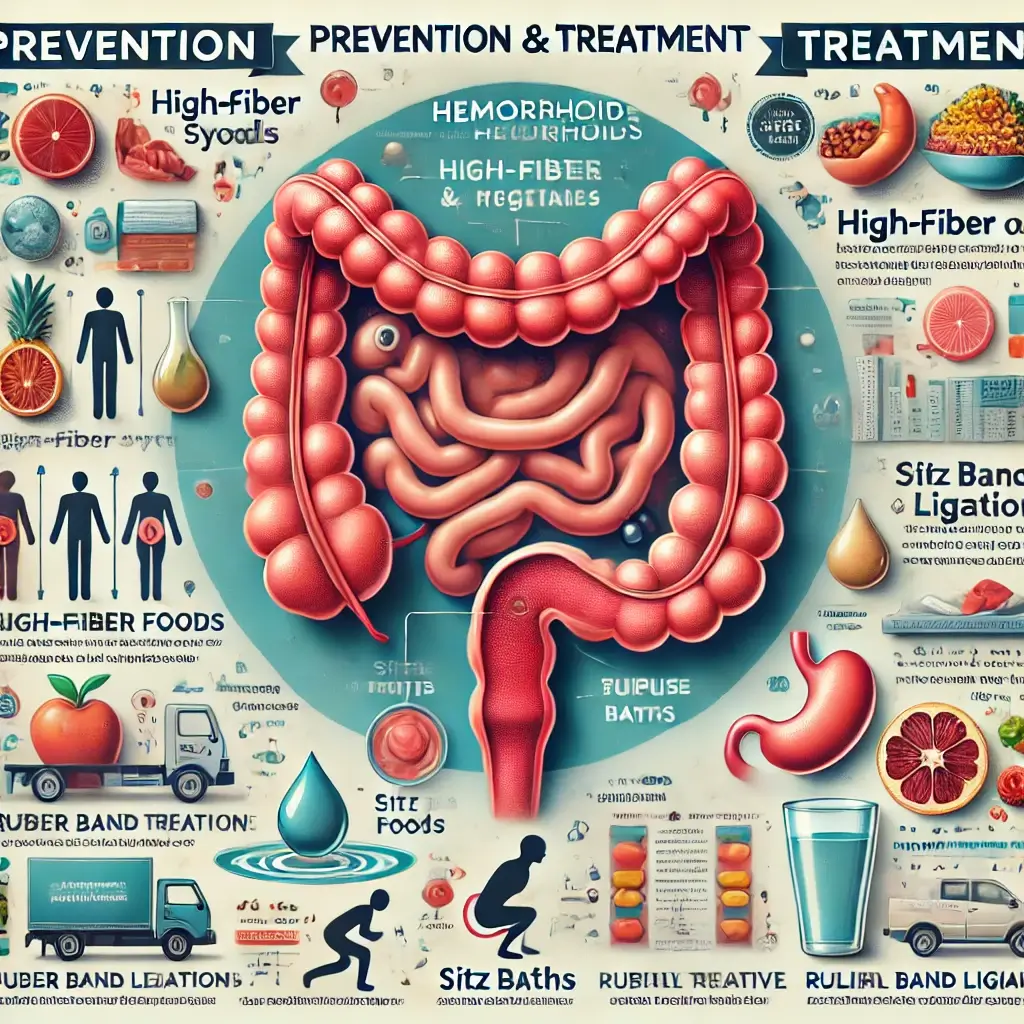Could Stress Induce Digestive Issues?
Physical and mental health are both impacted by the frequency with which stress occurs. It is a reaction to various circumstances that demand adjustment and management. Nevertheless, an overabundance of tension can detrimentally affect multiple bodily systems, including the digestive system. Stress can lead to digestive issues such as constipation, diarrhea, and gastric ulcers, according to scientific research.
The body releases hormones such as cortisol and adrenaline in response to stress, which initiate the “fight or flight” response. This physiological reaction primes the body to confront an impending danger by redirecting blood circulation from the digestive tract to the musculature. This phenomenon may result in impaired digestive function, manifesting as symptoms including constipation or dyspepsia.
Additionally, stress can disturb intestinal flora’s equilibrium, which can adversely affect digestion and the immune system. Research has indicated that there is a positive correlation between chronic stress and the development of gastrointestinal disorders, including inflammatory bowel disease (IBD) and irritable bowel syndrome (IBS).
Hormone Induced Issues
There is a link between stress and digestive issues. Our bodies secrete stress hormones, including cortisol and adrenaline, in response to stress. These hormones are capable of inducing various modifications within the digestive system, which may comprise:
Distracting from digestion
Implications for muscular convulsions of the digestive tract
Enhancement of gastric acid secretion
Blood flow restriction to the digestive tract
Altering the bacterial equilibrium in the intestines
These alterations may result in a range of digestive complications, including:
Abdominal discomfort
Felt nausea
Experiencing vomiting
Experiencing diarrhea
The discomfort of constipation
bloating and flatulence
Acid effusion
A burning heartburn
Additionally, preexisting digestive conditions, such as inflammatory bowel disease (IBD) and irritable bowel syndrome (IBS), may be exacerbated by stress.
Reduce Stress
Trying to regulate one’s tension levels when suffering from digestive issues is crucial. There are numerous methods for coping with tension, including:
Participate in regular exercise
Get sufficient slumber
Maintain a solid diet
Avoid alcohol and caffeine.
Engage in relaxation practices, including yoga and meditation.
If you are having difficulty managing your tension on your own, contact a mental health professional or your physician. They can help you develop a stress-reduction and wellness plan.
Recommendations
The following are further recommendations for mitigating and controlling digestive issues associated with stress:
Ensure that you consume meals and refreshments daily. Poor dietary choices can result in insulin resistance, an adrenaline-inducing state of low blood sugar.
Only consume small portions at a time. This may result in distress as the digestive system becomes overloaded.
Chew your food thoroughly and slowly. This facilitates the process of food digestion and aids in its overall breakdown.
Avoid foods that cause digestive issues, including caffeine, salt, and oily.
Throughout the day, consume copious amounts of fluids, particularly water. This aids in maintaining appropriate digestive system function and hydration.
Maintain a routine exercise routine. Physical activity is an excellent method to reduce stress and enhance overall health.
Engage in relaxation practices, including meditation and yoga. Additionally, relaxation techniques can aid in digestion and tension reduction.
Moreover, tension can influence food selections, resulting in detrimental dietary patterns exacerbating digestive issues. For example, consuming excessive high-fat or sugary foods or forgoing meals may cause digestive disruptions.
Effective Stress Reduction
In summary, stress can substantially influence the digestive system, resulting in many complications that may compromise one’s general health and welfare. Consequently, it is critical to develop effective coping mechanisms for stress, including the implementation of relaxation techniques, engagement in physical activity, and obtaining solace from loved ones. We can maintain a healthy colon and prevent or alleviate digestive issues brought on by stress by doing so.













